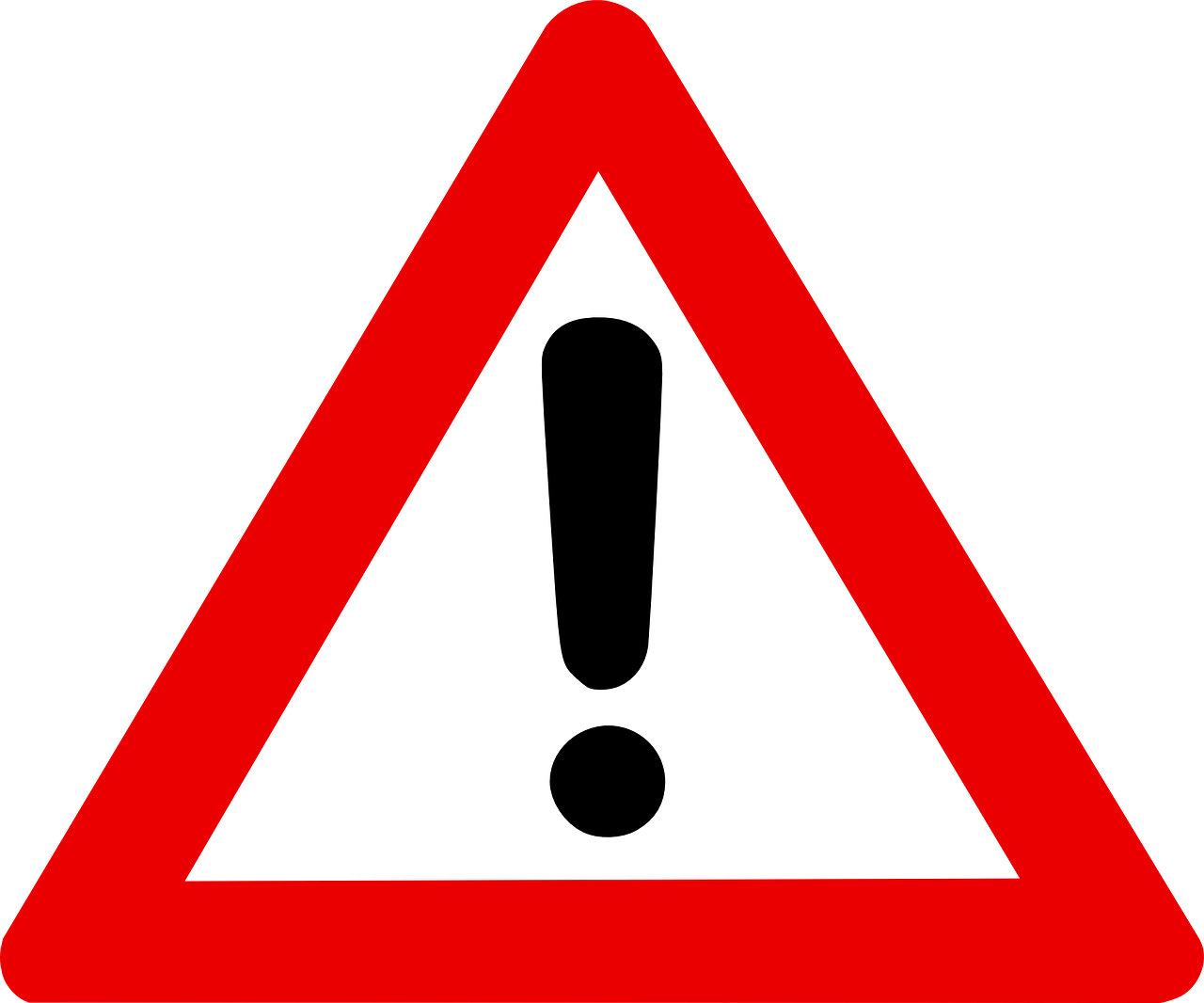
403
Sorry!!
Error! We're sorry, but the page you were looking for doesn't exist.
IAEA chief declares sever Kursk nuclear situation
(MENAFN) The International Atomic Energy Agency (IAEA) has raised significant concerns regarding the nuclear safety of Russia's Kursk power plant amid ongoing military actions in its vicinity. Rafael Grossi, Director General of the IAEA, expressed grave worries about the potential for a “nuclear incident” during a press briefing on Tuesday.
Grossi’s remarks follow his visit to the Kursk nuclear facility, situated in Kurchatov, Kursk Region, on Monday. His visit comes in the wake of a major incursion by Ukrainian forces into the area earlier this month. Russian authorities have previously accused Ukrainian troops of targeting the plant with drones, one of which reportedly crashed near the facility’s spent fuel storage last week.
Grossi highlighted that the Kursk plant, being of an older design, lacks several modern safety features found in more recent nuclear power facilities. Notably, it does not have protective domes designed to safeguard the reactors from severe incidents, such as aircraft crashes. This design shortcoming raises concerns about the plant’s ability to withstand potential accidents or attacks.
While Grossi emphasized that his earlier comparison of the Kursk plant to the Chernobyl disaster should not imply that an incident at Kursk would be on the same scale as the 1986 Chernobyl catastrophe, he underscored the importance of addressing the safety risks. The IAEA is committed to ensuring that the facility operates safely and to preventing any nuclear accidents, Grossi stated.
The IAEA chief clarified that the agency’s role is to manage nuclear safety risks, regardless of the broader conflict surrounding the plant. The IAEA’s focus remains on safeguarding the nuclear facility and mitigating any potential hazards, reflecting its ongoing commitment to global nuclear safety amidst heightened tensions and military activity.
Grossi’s remarks follow his visit to the Kursk nuclear facility, situated in Kurchatov, Kursk Region, on Monday. His visit comes in the wake of a major incursion by Ukrainian forces into the area earlier this month. Russian authorities have previously accused Ukrainian troops of targeting the plant with drones, one of which reportedly crashed near the facility’s spent fuel storage last week.
Grossi highlighted that the Kursk plant, being of an older design, lacks several modern safety features found in more recent nuclear power facilities. Notably, it does not have protective domes designed to safeguard the reactors from severe incidents, such as aircraft crashes. This design shortcoming raises concerns about the plant’s ability to withstand potential accidents or attacks.
While Grossi emphasized that his earlier comparison of the Kursk plant to the Chernobyl disaster should not imply that an incident at Kursk would be on the same scale as the 1986 Chernobyl catastrophe, he underscored the importance of addressing the safety risks. The IAEA is committed to ensuring that the facility operates safely and to preventing any nuclear accidents, Grossi stated.
The IAEA chief clarified that the agency’s role is to manage nuclear safety risks, regardless of the broader conflict surrounding the plant. The IAEA’s focus remains on safeguarding the nuclear facility and mitigating any potential hazards, reflecting its ongoing commitment to global nuclear safety amidst heightened tensions and military activity.

Legal Disclaimer:
MENAFN provides the
information “as is” without warranty of any kind. We do not accept
any responsibility or liability for the accuracy, content, images,
videos, licenses, completeness, legality, or reliability of the information
contained in this article. If you have any complaints or copyright
issues related to this article, kindly contact the provider above.















Comments
No comment